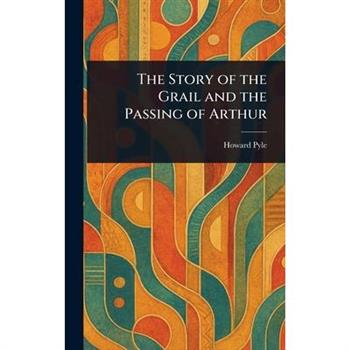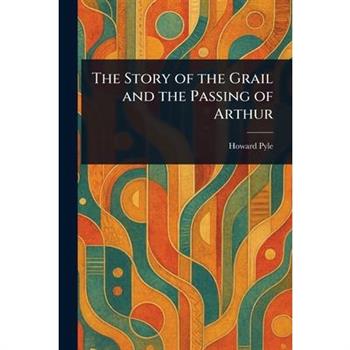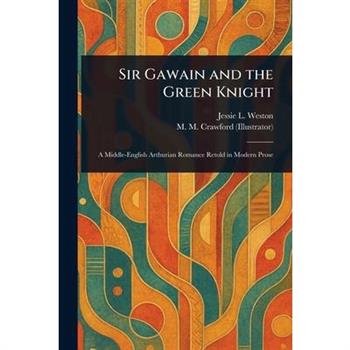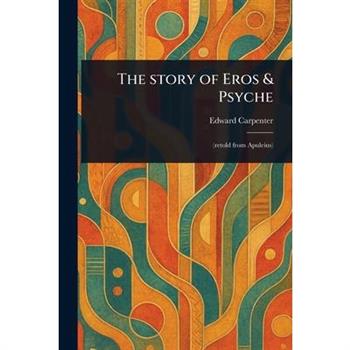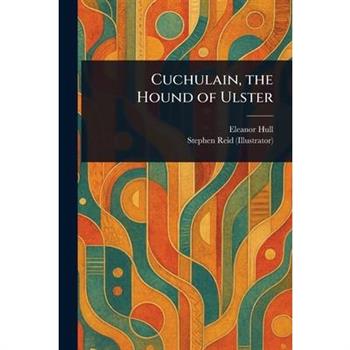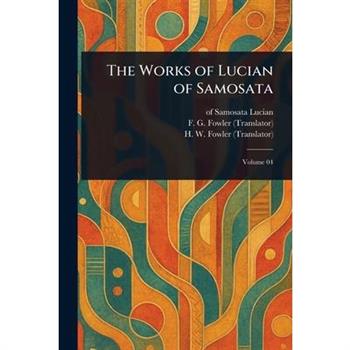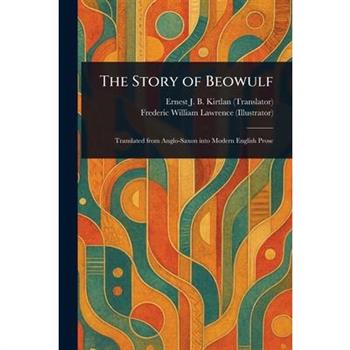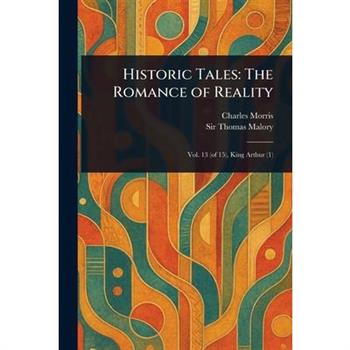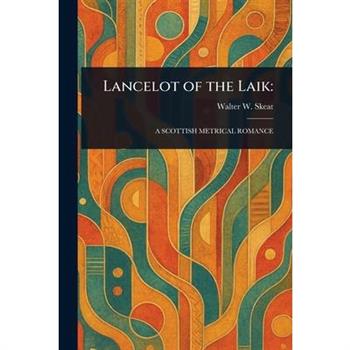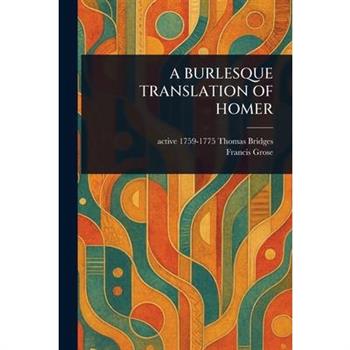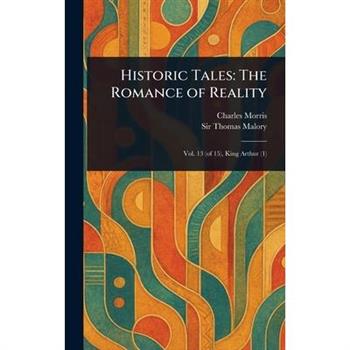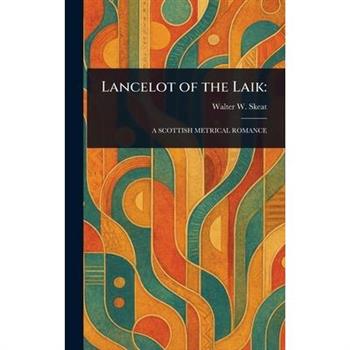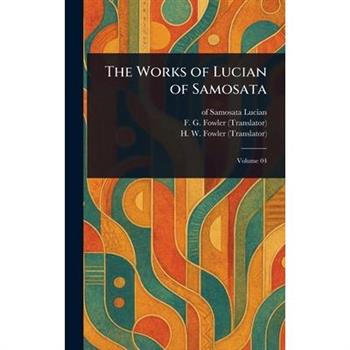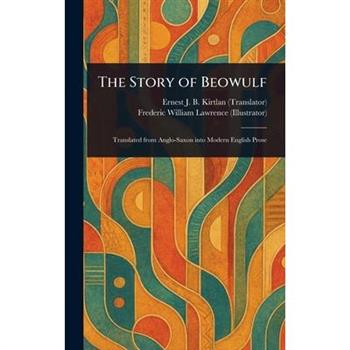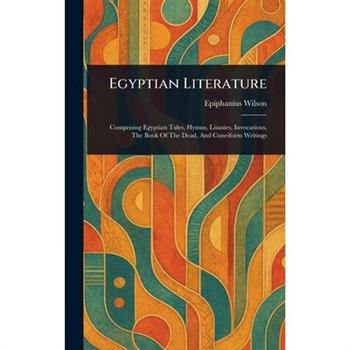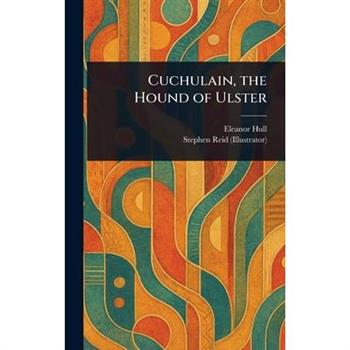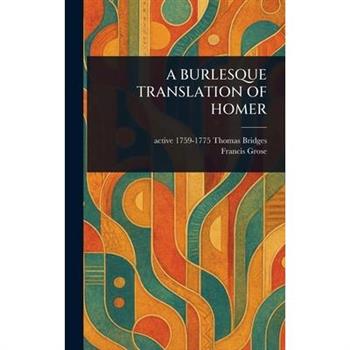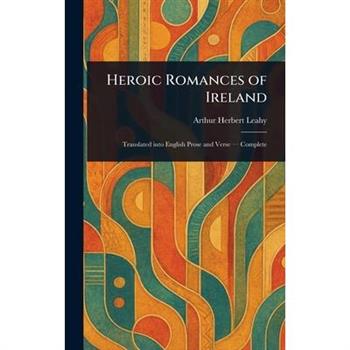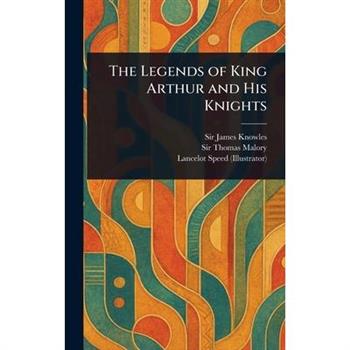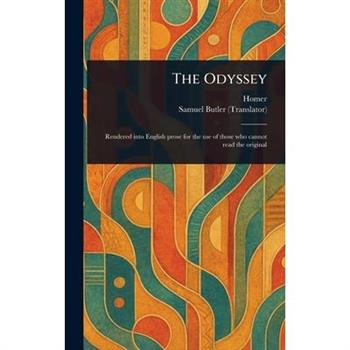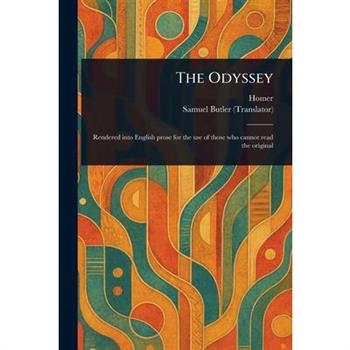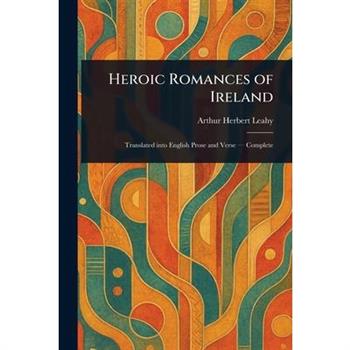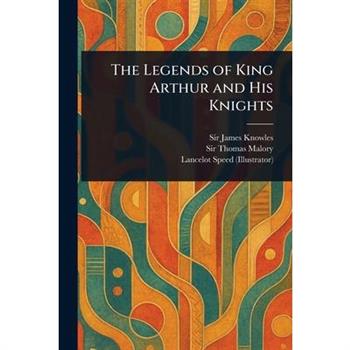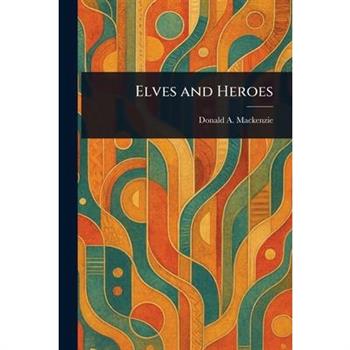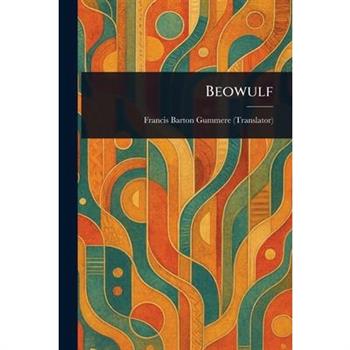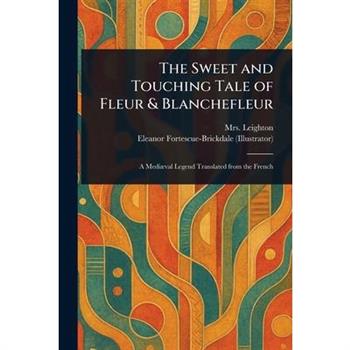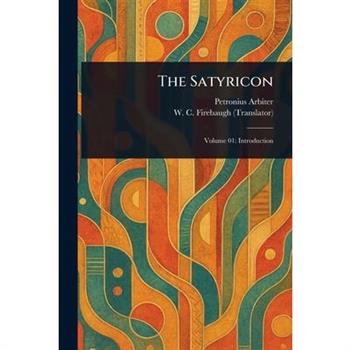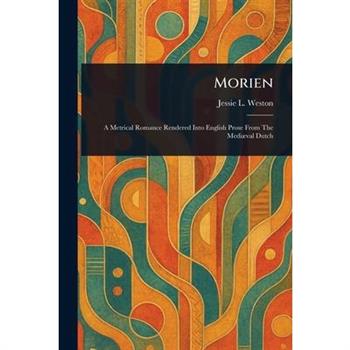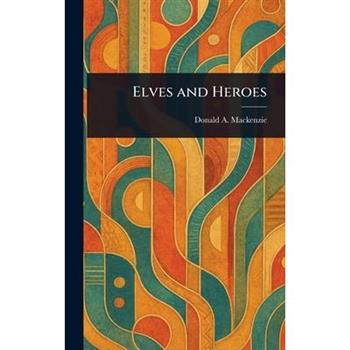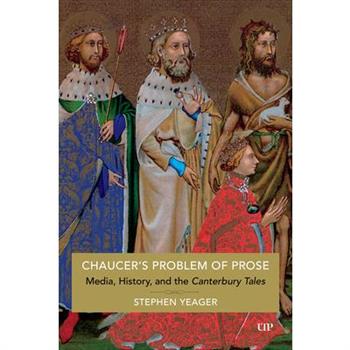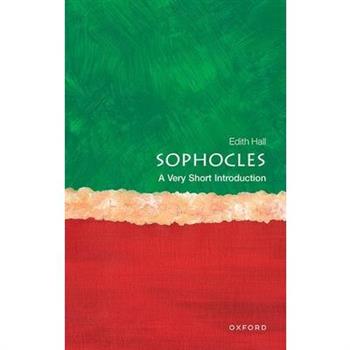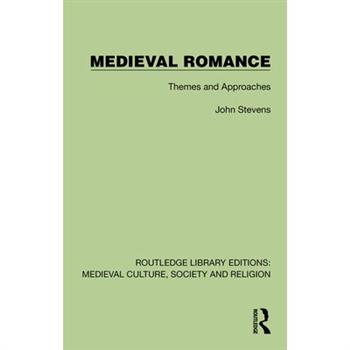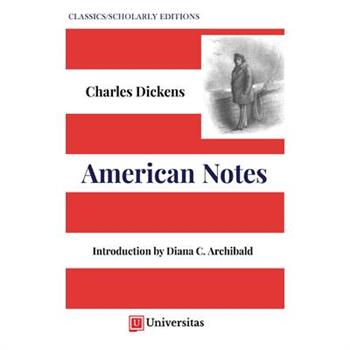The Story of the Grail and the Passing of Arthur
The Sweet and Touching Tale of Fleur & Blanchefleur
Psychological Themes in Classical Islamic Literature:
Are you curious about the contributions of the Islamic intellectual heritage to the field of psychology? Psychological Themes in the Classical Islamic Literature provides a captivating window into the rich Islamic scholarly tradition as it pertains specifically to human psychology. This book brings together carefully selected, translated, and annotated segments from classical Islamic texts that address enduring questions in psychology. Explore topics like the admissibility and validity of diverse sources of knowledge, the nature of the human psyche and human drives, the mind-body problem, nature versus nurture, dreams, emotions, psychological resilience, and well-being. Discover how Islamic scholars tackled these profound issues generations before their Euro-American counterparts, offering a unique and sophisticated perspective that can enrich modern psychological discourse. Whether a student, scholar, or practitioner, this book is your gateway to appreciating psychology in Islam
EPICTETUS STOIC TEACHINGS & Meditations
Chaucer's Problem of Prose
In Geoffrey Chaucer's The Canterbury Tales, key structural moments arise when a speaker shifts from rhyming heroic couplets to address the reader in prose, as well as in instances where prose is mentioned but not employed. These interruptions may seem like glosses explaining Chaucer's intentions, yet they occur during the most contradictory moments of the frame narrative, making his aims particularly elusive. In Chaucer's Problem of Prose, Stephen M. Yeager argues that the presence of prose in The Canterbury Tales exposes the complexities of poetic form, manuscript technology, and the media ecology of medieval clerical culture. The book asserts that Chaucer's work is informed by his awareness of the significant role that Old English plays in early English monastic chronicles and cartularies, representing some of the earliest recorded uses of his chosen literary language. The book explores the surprising connections between the most striking depictions of racial otherness in The Canterbury Tales, the sections that engage with English monastic historiography, and the moments where Chaucer disrupts the narrative convention that dictates everyone in fourteenth-century England speaks in rhyming iambic pentameter couplets - either by writing in prose or discussing prose itself. Ultimately, Chaucer's Problem of Prose examines how these moments reveal Chaucer's anxieties about historical media and the central role of monastic historiography in documenting early English history.
The Arabic Fable
This is the first attempt to provide a representative inventory of fables documented in premodern Arabic literature. The introduction presents a detailed effort to define the Arabic fable and a condensed historical survey together with a short assessment of the content characteristics of the Arabic fable proper. An annotated bibliography discusses significant contributions to the study of the Arabic fable in detail. The book's main body surveys a total of 330 numbered fables with short summaries, exhaustive references, and concise comments. The detailed documentation recognizes the Arabic fable as the long neglected equal of its dominantly perceived Graeco-Latin sibling.
The Genius of Invective
An exposition of Arabic literate culture In eleventh-century Cordoba, the celebrated poet Ibn Zaydūn found himself jockeying for the affections of Wallādah, accomplished poet and free-spirited daughter of an Umayyad caliph. Looking to embarrass a rival suitor, Ibn Zaydūn mischievously wrote and publicized an eloquent, erudite, and searing rejection letter in Wallādah's name, which went on to become one of the most widely read works of Arabic literature. His letter was so rich with historical references and sophisticated metaphors that it became a cultural touchstone among the literary elite. One could not belong in refined circles if one did not understand Ibn Zaydūn's letter. Three centuries later, the Egyptian litterateur Ibn Nubātah wrote a guide to this widely-admired text. In The Genius of Invective, a brilliant work of explication, Ibn Nubātah supplements Ibn Zaydūn's complete letter with concise biographies of every figure referenced in it and glosses arcane Arabic terms. This wide-ranging volume offered readers a veritable encyclopedia of the key cultural and literary references that peppered Ibn Zaydūn's famous letter. As impressive in its own right as the remarkable letter that inspired it, The Genius of Invective is a peerless example of the breadth, depth, and complexity of the Arabic classical literary tradition. A bilingual Arabic-English edition.
The Poems of Catullus
Written in the twilight of the Roman Republic, the poetry of Gaius Valerius Catullus offers a delicious insight into the passions and gossip of high Roman society. From the poet and his friends to cultural and political titans, including Caesar, Cicero, and Pompey, his cutting, modern verse spares no-one. In this new translation by Daisy Dunn, author of Catullus' Bedspread, his obscene honesty, arrogant wit and surprising tenderness capture Roman society at their best. Most famous for his obsessive love lyrics for the married Lesbia, Catullus' words are an immortal expression of youth, rebellion and agonised love.
His Last Bow
'There's an east wind coming... such a wind as never blew on England yet.' Arthur Conan Doyle's His Last Bow features a selection of Sherlock Holmes stories written at a time of growing tensions in Europe. First published as a collection in 1917, against the backdrop of the First World War, the volume covers tales that deviate from the pattern of earlier Sherlock adventures which focus on individual culpability and the comfort of a simplistic restoration of order. The titular story in this collection was influenced by Doyle's personal experience of the war, and in these tales the solutions to seemingly small-scale, local, mysteries uncover crimes concerning national security, or even expose the covert evil actions of organizations and powerful dictators. This edition contains a new introduction by Trish Ferguson which offers a richly detailed contextual backdrop for understanding the work as an act of war service designed to offer a morale boost to both British troops abroad and readers at home. ABOUT THE SERIES: For over 100 years Oxford World's Classics has made available the widest range of literature from around the globe. Each affordable volume reflects Oxford's commitment to scholarship, providing the most accurate text plus a wealth of other valuable features, including expert introductions by leading authorities, helpful notes to clarify the text, up-to-date bibliographies for further study, and much more.
Medieval Romance
The subjects of medieval romance are the great and permanent concerns of the human mind. A literature is best approached by newcomers, through its major achievements, the author of this book, originally published in 1973, maintains. The book's discussion centres on the romances of Chaucer and Chr矇tien de Troyes, and on such texts as Sir Gawain and the Green Knight, the Roman de la Rose, and Malory's Morte d'Arthur. The book's introductory chapters stress the continuity between medieval and later literature.
Polyglot Texts and Translations in Early Modern Europe
Early modern culture was multilingual, and so were many of the works produced across Europe and beyond its borders. The contributors to this volume draw new interrelations between different humanistic traditions and multilingual and translational writing practices using a wide range of primary sources--documents produced in Norwich, scientific treatises by Galileo and Stevin, travel accounts and dictionaries by James Howell, translations an retranslations of Antoine de Nerv癡ze's moral letters, Aljamiado documents and short comic plays in Spain, Jesuit pedagogical theater in New France, grammars, dictionaries and historiographical accounts in missionary contexts, and a mining law code in South Central Europe--that highlight the significance of polyglossia in early modern cultural production and transmission. Covering a wide range of languages, including Latin, Nahuatl and Turkish, their analysis invites comparison with today's polyglot practices in a globalized world, as we also adapt to new technologies and ever-changing realities.
American Notes for General Circulation
This is a scholarly edition, annotated and illustrated, addressing the modern reader. Dickens fans and students will find the most balanced approach to annotate and contextualize the writer's travel impressions, as well as a chronology following Dickens's itinerary chapter by chapter. The text and the appendices are accompanied by 343 explanatory notes.
The Book of Monasteries
A literary tour of Christian monasteries of the medieval Middle East The Book of Monasteries takes readers on a tour of the monasteries of the Middle East by presenting the rich variety of poetry and prose associated with each monastery. Starting with Baghdad, readers are taken up the Tigris into the mountains of south-eastern Anatolia before moving to Palestine and Syria, along the Euphrates down to the old Christian center of Ḥīrah and onward to Egypt. For the literary anthologist al-Shābushtī, who was Muslim, monasteries were important sites of interactions with Christian communities that made up about half the population of the Abbasid Empire at the time. Each section in this anthology covers a specific monastery, beginning with a discussion of its location and the reason for its name. Al-Shābushtī presents poems, anecdotes, and historical reports related to each. He selects heroic and spectacular incidents, illustrations of caliphal extravagance, and events that gave rise to memorable verse. Important political personalities and events that were indirectly linked with monasteries also appear in the collection, as do scenes of festive court life and gruesome murders. Al-Shābushtī uses these accounts not to teach history but to offer a meditation on the splendor of Abbasid culture as well as moral and philosophical lessons: the ephemerality of power; the virtues of generosity and tolerance; the effectiveness of eloquence in prose and poetry; the fleeting nature of pleasure and beauty. Translated into English for the first time, The Book of Monasteries offers an entertaining panorama of religious, political, and literary life during the Abbasid era. An English-only edition.
The Complete Essays of Plutarch (Collector's Edition) (Laminated Hardback with Jacket)
Collector's Edition Laminated Hardback with Jacket Dive into the wisdom of one of antiquity's greatest thinkers through a collection of essays that explore timeless themes of morality, leadership, and human behavior. With vivid anecdotes and philosophical reflections, these writings bridge the personal and the political, offering insights into the lives of historical figures and the values that shaped their decisions. Plutarch examines the virtues and flaws of humanity with a blend of storytelling and analysis, challenging readers to consider their own lives in light of universal truths. Rich in historical context and ethical dilemmas, this work invites deep reflection and sparks curiosity about the ancient world.Plutarch's Complete Essays stands as a cornerstone of classical literature, offering unparalleled insights into ancient ethics, politics, and human behavior. These essays influenced Renaissance thinkers and shaped the moral philosophy of Western civilization, bridging the wisdom of Greece and Rome. Through vivid character studies and timeless reflections, Plutarch provided a blueprint for understanding leadership and virtue across ages. His work continues to inspire readers with its rich historical context and enduring relevance to modern questions of morality and governance.




